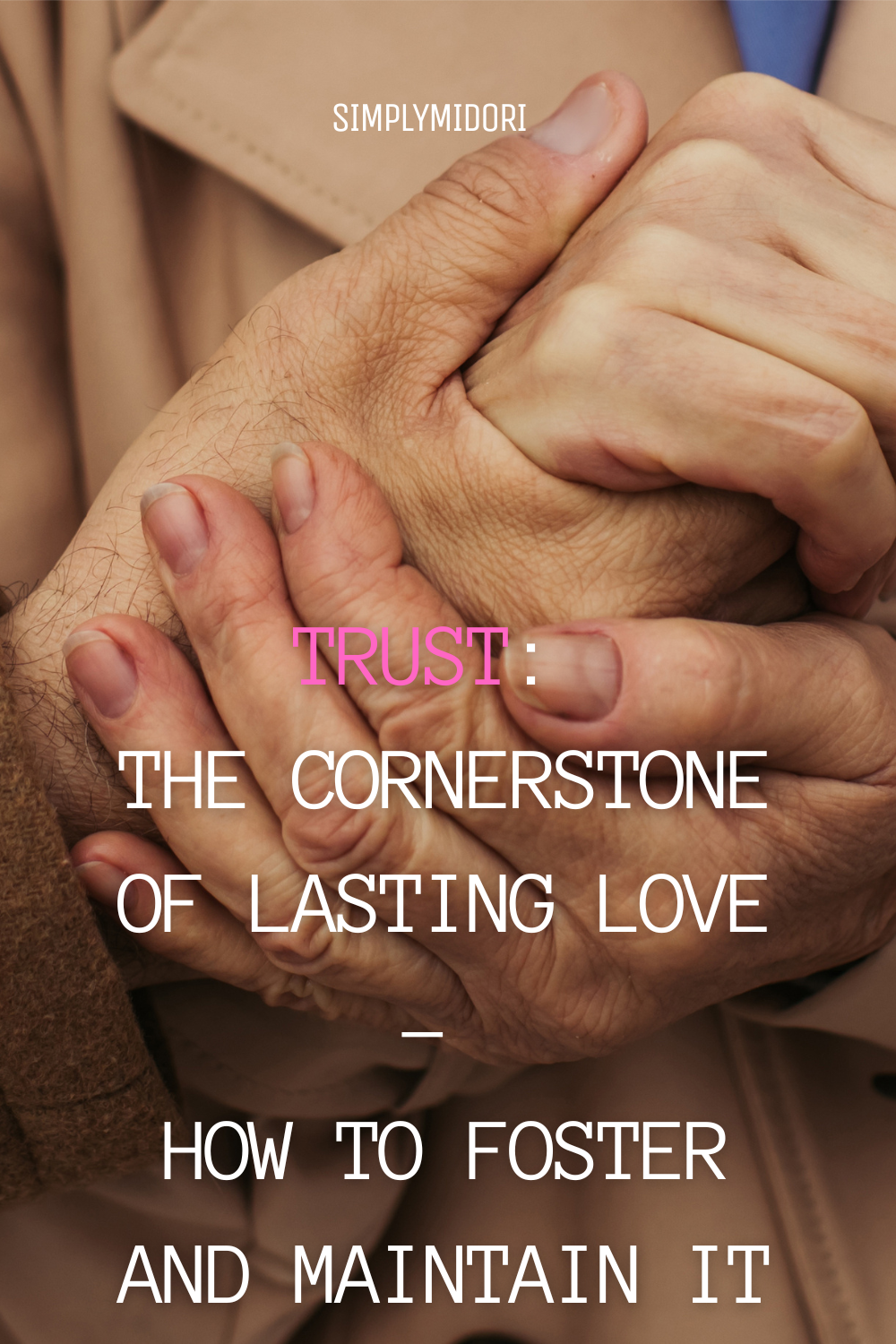Divorce Myths Debunked: Unraveling the Truth About the End of Marriage
Countless couples are currently caught in the midst of marital turmoil. Perhaps, in reading this, you also find yourself amidst this struggle.
You probably entered marriage with soaring hopes, never anticipating a life of misery; you cherished dreams of unparalleled happiness in matrimony. No matter if you:
-
hoped marriage would complete you
-
hoped marriage would enhance you
-
hoped marriage would rescue you from a former life
-
hoped marriage would change you/ them
-
hoped marriage would help you discover meaning and happiness
No matter what you hoped for in marriage, life will probably get better after marriage.
You’ve experienced a journey of highs and lows, where the path seemed to descend after the joyous celebration of the wedding on the mountaintop. Amidst moments of bliss and captivating turns, the vista that initially promised hope turned out to be nothing but a mirage, plunging the marital road into despair once more. For a considerable time, you have resided in a valley plagued by anguish, emptiness, and relentless frustration. Your existence is defined by the desperation that permeates your marriage.
BUT… Chances are you probably don’t want to divorce.
Whether it’s for religious beliefs, the children, or that you believe in the commitment you made, you are choosing to continue in your marriage.
This blog is for you!
But perhaps you’ve also relentlessly confronted the issues hindering marital unity.
-
Counseling has proven unfruitful
-
Books have been read in solitude, with you yearning for your spouse to hear the author’s words and be moved to change
-
You attempted the calm, cool, and collected approach of gentle confrontation, and your spouse responds with deafening silence
-
In moments of despair, you’ve resorted to shouting and screaming
-
You have cried for help only to be triggered by a backlash or withdrawal from your spouse
No matter the scenario, we want you to know that things can improve!
Chances are the problems that plague you cannot be easily resolved by mere conversation. They fester like cancer, corroding the very essence of your marriage. No amount of empty optimism can dissipate the pain. Each couple’s challenges may differ, but the anguish they inflict remains profound.
HOPE FOR THE HOPELESS
No matter the circumstances, whether you are dealing with irresponsibility, workaholism, a controlling or uncommunicative spouse, abuse – be it verbal, physical, or sexual – infidelity, or depression, even if your spouse is struggling with alcohol or drug abuse, there are always solutions available that could potentially salvage your marriage.
I am fully aware that there is no magic solution to heal all marriages. Nevertheless, based on my counseling experience, extensive research, and solid moral principles, I firmly believe that even the most challenging marriages hold potential for hope. In every troubled relationship, both partners can take proactive measures to alter the emotional atmosphere.
With time, solutions can be found to their problems.
ARE YOU A CAPTIVE TO MYTHS?
A significant problem within most marriages, especially troubled marriages, is what the individuals believe. There are common myths that hinder relational dynamics that we must dispel as they hold our thoughts and actions captive. I like to call this dynamic animation.
Dynamic animation is the empowering act of owning your thoughts, emotions, and actions, free from casting blame, fault, or guilt on others. It demands an honest assessment of your life circumstances and a refusal to transfer unhappiness onto others. Embracing the power and belief that you can shape your own destiny.
Take a moment to reflect on these four statements. Answer them with complete honesty, without any illusions or falsehoods. Embrace the power of truth and let it liberate you from the chains of misconception.
1. My surroundings shape the essence of my emotional state.
2. People are inherently incapable of change.
3. In a loveless marriage, I face a stark choice: surrender to a lifetime of despair or break free from the shackles of this union (divorce).
4. Some situations are hopeless—and my situation is one of these.
You should know that all four of these statements are false.
Regrettably, countless individuals trapped in despairing marriages hinge their existence upon these widely-believed myths. Those who accept these four myths unwittingly perpetuate the problem rather than fostering a resolution.
Here is the unfortunate the outcome of accepting and acting on each of these myths.
Myth Number One: My surroundings shape the essence of my emotional state.
In the current age, it is widely believed that we all fall prey to the circumstances that surround us. This prevailing myth finds expression in the following powerful statements:
-
“If I grew up in a loving, supportive family, I will be a loving, supportive person.”
-
“If I grew up in a dysfunctional family, then I am destined to failure in relationships.”
-
“If I am married to an alcoholic husband, I will live a miserable life.”
-
“My emotional state depends on the actions of my spouse.”
This approach to life leaves individuals feeling utterly helpless in the face of a negative environment. It triggers a haunting sense of hopelessness, often plunging people into despair.
In the depths of a desperate marriage, this victim mentality drives a spouse to a dire conclusion, whispering in their ear, “My life is an unbearable misery, and my only escape lies in the demise of my partner or dissolution of our bond.” Such thoughts dance in the minds of countless souls.
Undoubtedly, our surroundings have the power to shape us, but they should never have the authority to manipulate or shatter our very existence. Instead of succumbing to the role of a helpless victim, one can rise above a hostile environment brimming with obstacles.
Remember, your environment may exert its influence, but it cannot determine the fate of your marriage or your life.
Myth Number Two: People are inherently incapable of change.
This myth suggests that individuals’ personality traits and behavior patterns are fixed in stone once they reach adulthood. Those who subscribe to this myth argue that if a spouse has displayed a certain behavior for an extended period, they are destined to perpetuate it.
Picture this: A wife, haunted by her husband’s promiscuity before and after marriage, believes he is shackled to this addictive behavior, incapable of change. Meanwhile, a husband, burdened by fifteen years of financial mismanagement by his wife, resigns himself to the notion that her unyielding irresponsibility will forever ensnare her.
If you accept this myth as truth, you will experience feelings of futility and despair. You can visit any library and find biographies of adults—who have radically changed their behavior patterns.
People can and do change, and often the changes are dramatic.
Myth Number Three: In a loveless marriage, I face a stark choice: surrender to a lifetime of despair or break free from the shackles of this union (divorce).
Those who believe this myth limit their horizons to two equally devastating alternatives and become prisoners of that choice. Thousands of people live in self-made prisons because they believe in this myth of limited options.
This myth is closely linked to the first one, where the notion of change being impossible prevails. People hold the belief that they or others cannot change, resulting in a stagnant and unhappy marriage where misery and divorce seem to be the only conceivable outcomes.
The reality is if you loved and wanted to be with the person you married before, we can get there again!
Myth Number Four: Some situations are hopeless—and my situation is one of these.
The person who embraces this myth finds themselves trapped, their heart heavy with despair. While others may find hope, they believe their marriage is beyond saving, as if the pain is etched into their very soul. They convince themselves there is no way out, succumbing to the darkness of depression and in the darkest moments, even contemplating the unthinkable, suicide.
We have all heard stories where the mom or dad lost it and killed everyone, including themselves. No doubt the mom or dad in these scenarios felt their situation was hopeless.
You might have endured years of struggle in your marriage, feeling helpless as everything you attempted seemed futile. Perhaps even others have solemnly declared that your union is beyond repair. But don’t succumb to those beliefs. Your marriage, against all odds, still holds a glimmer of hope.
This blog will explore the nature of problems in desperate marriages and encourage you to dismiss these myths and take steps toward healing rather than sink deeper into the misery of such relationships.
But first, let’s look at what has become a rather popular approach to such major marital problems, namely the exit marked divorce.
WHY NOT JUST WALK AWAY?
Our society has earned the infamous label of the “Throwaway Society.”
We indulge in food packaged in alluring containers, only to discard them without a second thought. Our cars and technology quickly lose their allure as they become outdated. We part ways with furniture, not because it has lost functionality but simply because it has fallen out of fashion. We even “dispose of” unwanted pregnancies.
Regarding business relationships, we value them only as long as they contribute to our financial gain. Hence, it is no surprise that the notion of a “throwaway marriage” has become accepted. If you find yourself discontented in your marriage and facing tough times, it is all too easy to abandon the relationship and embark on a fresh start.
I desperately wish that I could recommend divorce as an option.
Whenever I hear about the profound pain a couple is enduring; my immediate emotional response is to cry out passionately, “Break free! Leave behind the negativity and embrace a brighter future!”
In most cases, that would certainly be my approach, be it your car or couch, even your house; if it’s no longer working, try or buy something else.
But a spouse is not a commodity.
A spouse is more than just a person. They are someone with emotions, personalities, desires, and frustrations. They are the ones that you were deeply attracted to. The one you had warm feelings and genuine care for. They are the person you made a public commitment of your lives to, promising to be together “so long as we both shall live.
You’ve built a shared history, maybe even raised children together. Walking away from a spouse is never as simple as selling a nonfunctioning item. The emotional connections run deep, making it a much more complex and gripping decision. When you listen to the stories of adults who have chosen divorce as their answer, you’ll discover that it was preceded by months of intense inner struggle. Even now, the ordeal is perceived as an excruciatingly painful experience, leaving a lasting imprint on their hearts.
I once connected with a single mom after her divorce. She told me, “Our marriage was a disaster, but little did I know that our divorce would drag me into an even deeper abyss. I find myself burdened with all the residual responsibilities that plagued our union, except now I have far less time and finances to cope with them.”
She transitioned from juggling part-time work and caring for the kids to the unrelenting demands of a full-time job. As a result, she has less time to spend with her children, leaving her both physically and emotionally drained.
Thousands of divorced moms can identify.
Divorce is an unjust ordeal, overwhelmingly burdening parents as they strive to meet their children’s physical and emotional needs. The adjustments following a divorce are invariably painful, leaving an emotional imprint even if they choose to remarry.
And what about the children who watch their parents divorce? In her book, Generation Ex, author and child of multiple divorces Jen Abbas writes candidly: As I stepped into adulthood, eagerly embracing my hard-earned independence, the relentless weight of my parents’ divorces crashed upon me year after agonizing year. Despite my academic and professional achievements, unsettling insecurity gnawed at my soul, relentlessly questioning my emotional prowess. Witnessing my friends embark on the journey of marriage intensified my doubts, casting shadows upon my ability to forge and sustain intimate connections, especially within my future marriage. Pondering the influence of my parents’ tumultuous relationships, I unraveled the delicate threads of trust that intertwined with mine. Once a beacon of hope, love now gripped me with paralyzing fear, engulfing me in my deepest desires and darkest apprehensions.
Over the years, I have witnessed countless individuals going through divorce. It’s a complex journey that eases some burdens but brings forth many new challenges. I know divorce is an undeniable part of human existence; however, divorce should be the last possible alternative.
It should be preceded by every endeavor to reconcile differences, address issues, and resolve problems beforehand. Tragically, many couples have chosen to divorce prematurely and at an immeasurable cost. I strongly believe that countless divorced couples could have mended their broken bonds if they had actively sought and discovered the right guidance and support.
So, the focus of this blog is not on divorce but on something that holds far more hope — dynamic animation. It all starts by acknowledging the myths, refusing to accept them, and embracing the positive actions that individuals can take to ignite transformative change in a relationship.
In the next blog post, I will give you the basic principles of this approach and subsequently show you how to apply these principles to tough marriages—which, as you will see, take many forms.
TO BE CONTINUED…












